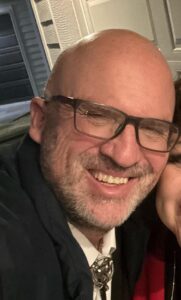This is a reminder that if your district is attempting to receive the Paraeducator Training Reimbursement funds in the September apportionment (optional early submission), districts must submit the FP 918 by 11:59 p.m. this Friday, August 29, 2025.
Thank you to the 59 school districts that have submitted early!
For the remaining districts, all reimbursement submissions must be completed by 11:59 pm on Tuesday, September 23, 2025. The applicable funds will be included in the October apportionment. Please reach out if your district may require an extension.
If your district is not claiming reimbursement, it must signify that in its submission – which is still required.
For information on how to submit, who in your district is the primary contact for FP 918, or other resources, visit our Paraeducator Training Reimbursement webpage.

